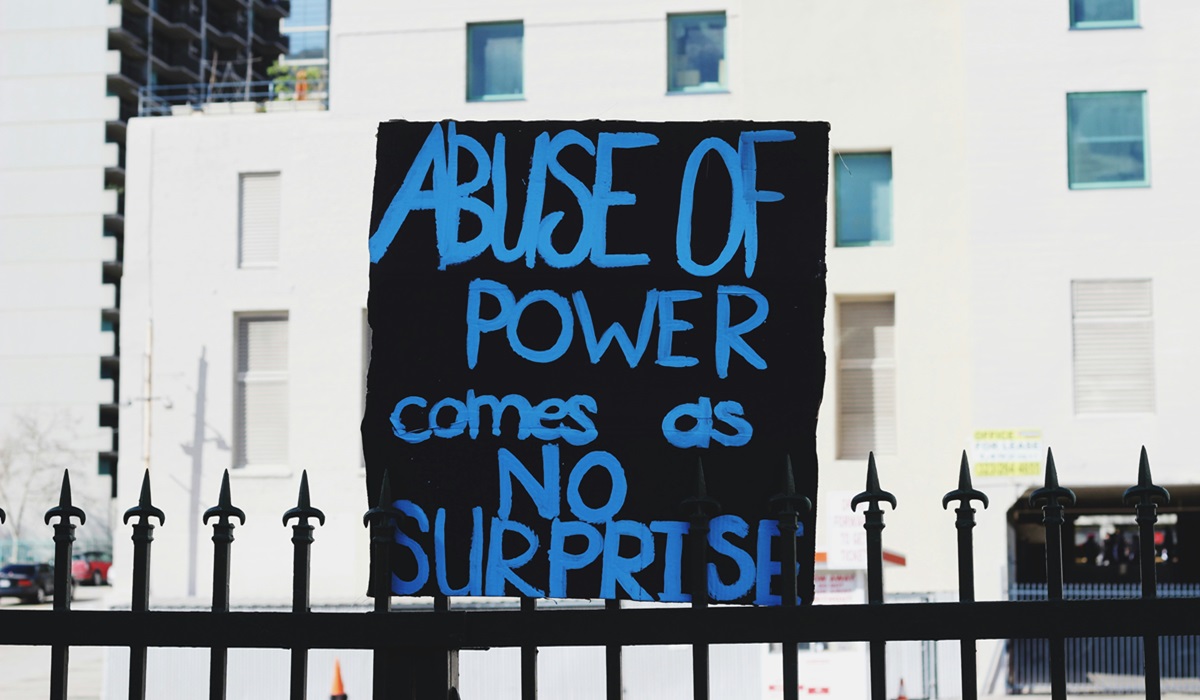Image Credit, Geralt
Over the past two years, the intersection of declining mental capacities among elected officials and the relentless pace of the 24-hour news cycle, amplified by social media, has become increasingly apparent. This issue transcends borders and political systems, affecting presidents, prime ministers, senators, members of Congress, parliamentarians, and even Supreme Court justices. The visibility of these lapses, from memory failures to physical freezing, highlights a pressing question: At what point should these leaders acknowledge their inability to serve effectively, and how should mechanisms be implemented to address this problem? Moreover, the role of handlers and vested interests in maintaining these officials in power raises profound concerns about the integrity of democratic processes.
In recent years, numerous instances have underscored the mental decline of various elected officials. For instance, U.S. President Joe Biden has faced scrutiny over his frequent verbal missteps and occasional lapses in memory, sparking debates about his mental acuity. Similarly, in the UK, questions have been raised about the capacity of aging members of the House of Commons to fulfill their duties effectively. The issue is not confined to executive offices; it extends to legislative bodies and judicial appointments, where long tenures can sometimes outlast the officials’ mental capabilities.
These concerns are exacerbated by the modern media environment. The 24-hour news cycle and the pervasive influence of social media ensure that every mistake, no matter how minor, is magnified and disseminated instantaneously. This constant scrutiny not only highlights the mental issues of the officials but also erodes public confidence in their ability to govern.
The implications of mental decline among leaders are profound. Elected officials are tasked with making critical decisions that affect millions of lives. When their abilities diminish, their capacity to make sound judgments, process information, and respond to crises is compromised. This decline can lead to policy missteps, ineffective governance, and a diminished ability to represent and serve their constituents.
Moreover, the presence of mentally impaired officials in positions of power can lead to a lack of accountability and transparency. Decision-making processes may become opaque, with unelected advisors and handlers exerting undue influence over the actions of the officials they support. This scenario undermines the democratic principle of elected representation and can lead to decisions that do not reflect the will of the people.
A significant challenge in addressing mental decline among elected officials is the role of handlers and other vested interests. These individuals and groups often have a substantial stake in maintaining the official in power, whether for reasons of political influence, financial gain, or both. Consequently, they may downplay or conceal the extent of the official’s decline, creating a facade of competence that belies the reality of the situation.
This dynamic can lead to a form of political puppetry, where the mentally impaired official is merely a figurehead, with real power being wielded by those behind the scenes. This arrangement is not only undemocratic but also potentially dangerous, as it places critical decision-making in the hands of individuals who are not accountable to the public.
To mitigate the impact of mental decline among elected officials, it is essential to implement robust mechanisms for assessment and intervention. These mechanisms should be designed to balance the need for transparency and accountability with respect for the dignity and privacy of the individuals involved.
One approach could be the establishment of regular mental health assessments for officials over a certain age or after a specified number of years in office. These assessments should be conducted by independent medical professionals and the results made available to a bipartisan or nonpartisan oversight body. If an official is found to be mentally impaired to the extent that it affects their ability to perform their duties, there should be a clear, fair, and respectful process for their removal from office.
Implementing such mechanisms, however, is fraught with challenges. Political resistance is likely, particularly from those who benefit from the status quo. There is also the risk of these measures being used as tools for political gain, with accusations of mental decline being weaponized to discredit opponents.
To address these concerns, it is crucial to establish strict safeguards and ensure that the processes are governed by principles of fairness, transparency, and bipartisanship. Additionally, there should be an emphasis on education and public awareness to foster a more nuanced understanding of mental health and its implications for leadership.
The issue of mental decline among elected officials speaks to a broader concern about the health and integrity of democratic systems. When leaders are no longer able to fulfill their duties effectively, the very foundation of representative democracy is undermined. The persistence of mentally impaired officials in positions of power can lead to a democratic deficit, where the interests of the public are subordinated to those of a select few.
Moreover, the presence of such officials can contribute to a decline in public trust in democratic institutions. When citizens perceive their leaders as incapable or ineffective, they are less likely to engage with the political process and more likely to become disillusioned with democracy itself.
Addressing mental decline among elected officials is not just about safeguarding the health of individual leaders; it is about preserving the health of democracy itself. In doing so, we can help ensure that our political systems remain robust, responsive, and representative in the face of the challenges of the modern world. By implementing regular mental health assessments, fostering transparency and accountability, and addressing the role of handlers and vested interests, democracies can better ensure that their leaders are capable of fulfilling their duties and serving the public effectively.









